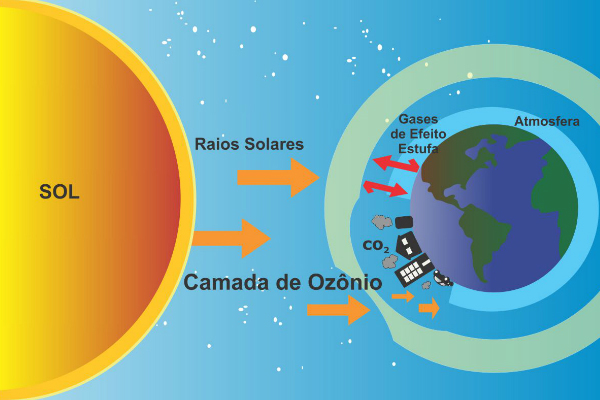Entropy is a concept of thermodynamics that measures the disorder of particles in a physical system.
Entropy is a quantity in thermodynamics, represented in physics formulations by the letter S.
According to the Law of Thermodynamics, the greater the disorder of a system, the greater its entropy.
For example, when someone walks into the kitchen and finds all the utensils and ingredients organized as they cook, things start to get disorganized.
The same would be the entropy system, that is, the greater the process of altering a state, the greater its disorder.
Entropies are spontaneous, which means that they follow natural principles, being irreversible.
For example, when a glass of water falls on the floor, the result of the mess generated is the entropy of this act, however, it would be impossible to make the water go back to the glass, being impossible to go back to entropy.
Etymologically, the term entropy originated from the Greek entropee, which means “in change”.
negative entropy
THE negative entropy
, within the scope of administrative organization, is the definition given to the company, company or system that is reestablishing itself, that is, recovering from disorder and bankruptcy.The concept of negative entropy is to reverse entropy, the stage of “mess” and “chaos”.
Negative entropy is also called “information”, because according to the principle of entropy, the greater the information, the lesser the disorder.
Entropy and Enthalpy
Enthalpy (represented by the letter "H") is the name given to the energy that is stored in substances (internal energy), waiting for it to undergo some transformation so that it can be changed or released.
Entropy, on the other hand, is the quantity that measures the energy that is not capable of being transformed into work.
See also the meaning of energy.

